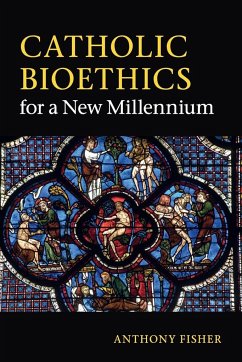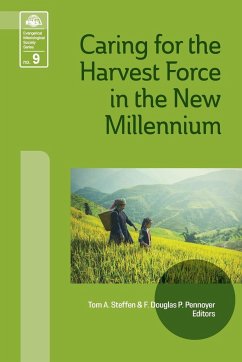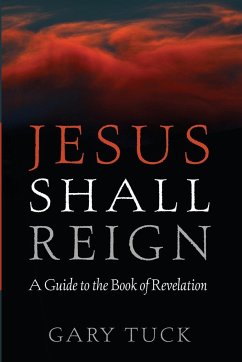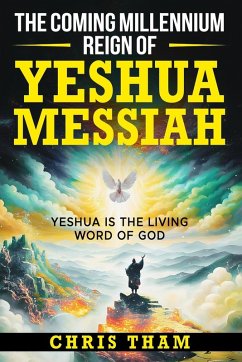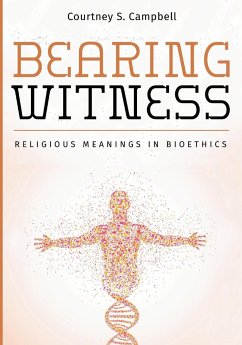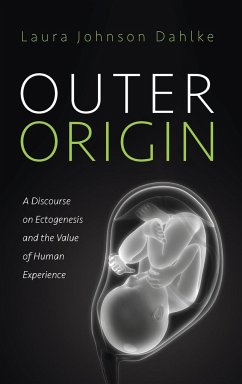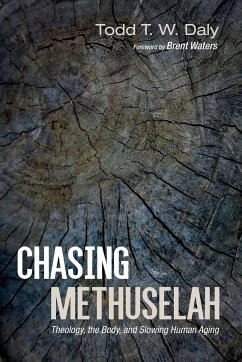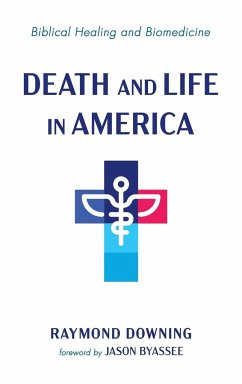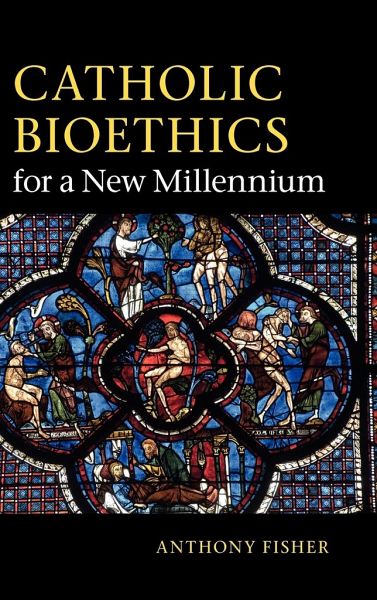
Catholic Bioethics for a New Millennium
Versandkostenfrei!
Versandfertig in 1-2 Wochen
108,99 €
inkl. MwSt.
Weitere Ausgaben:

PAYBACK Punkte
54 °P sammeln!
Can the Hippocratic and Judeo-Christian traditions be synthesized with contemporary thought about practical reason, virtue and community to provide real-life answers to the dilemmas of healthcare today? Bishop Anthony Fisher discusses conscience, relationships and law in relation to the modern-day controversies surrounding stem cell research, abortion, transplants, artificial feeding and euthanasia, using case studies to offer insight and illumination. What emerges is a reason-based bioethics for the twenty-first century; a bioethics that treats faith and reason with equal seriousness, that sh...
Can the Hippocratic and Judeo-Christian traditions be synthesized with contemporary thought about practical reason, virtue and community to provide real-life answers to the dilemmas of healthcare today? Bishop Anthony Fisher discusses conscience, relationships and law in relation to the modern-day controversies surrounding stem cell research, abortion, transplants, artificial feeding and euthanasia, using case studies to offer insight and illumination. What emerges is a reason-based bioethics for the twenty-first century; a bioethics that treats faith and reason with equal seriousness, that shows the relevance of ancient wisdom to the complexities of modern healthcare scenarios and that offers new suggestions for social policy and regulation. Philosophical argument is complemented by Catholic theology and analysis of social and biomedical trends, to make this an auspicious example of a new generation of Catholic bioethical writing which has relevance for people of all faiths and none.





